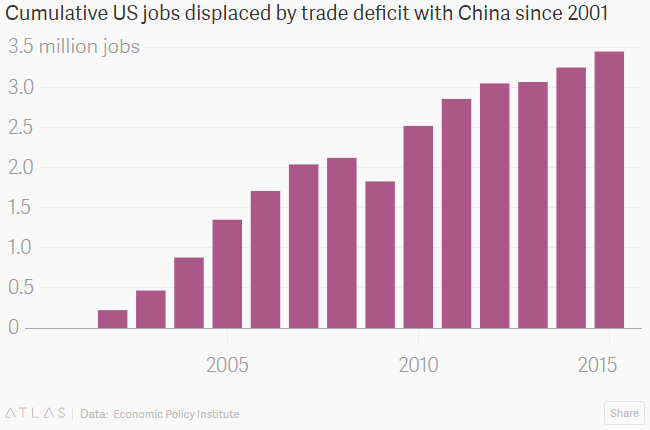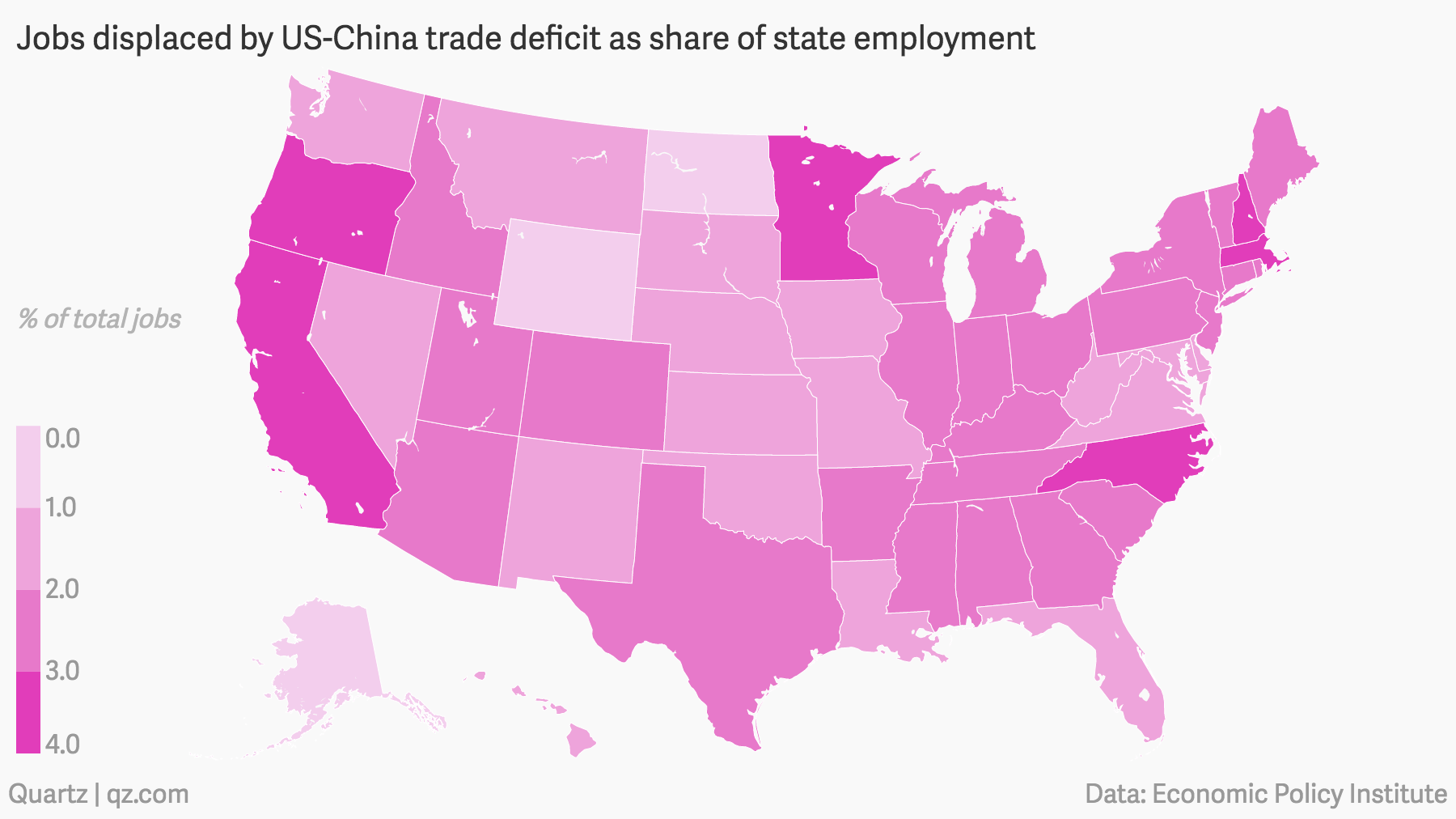In good times, robots are seen as heroes. In bad times, they’re the villains. They’re neither. Robots are as good or bad as our public policies allow.

the data indicate that today’s fear of robots is outpacing the actual advance of robots. If automation were rapidly accelerating, labor productivity and capital investment would also be surging as fewer workers and more technology did the work. But labor productivity and capital investment have actually decelerated in the 2000s.
…
the problem with automation isn’t robots; it’s politicians, who have failed for decades to support policies that let workers share the wealth from technology-led growth.
The response in previous eras was quite different.
…
Productivity and pay rose in tandem for decades after World War II, until labor and wage protections began to be eroded. Public education has been given short shrift, unions have been weakened, tax overhauls have benefited the rich and basic labor standards have not been updated.
As a result, gains from improving technology have been concentrated at the top, damaging the middle class, while politicians blame immigrants and robots for the misery that is due to their own failures. Eroded policies need to be revived, and new ones enacted.
Source: No, Robots Aren’t Killing the American Dream – The New York Times


